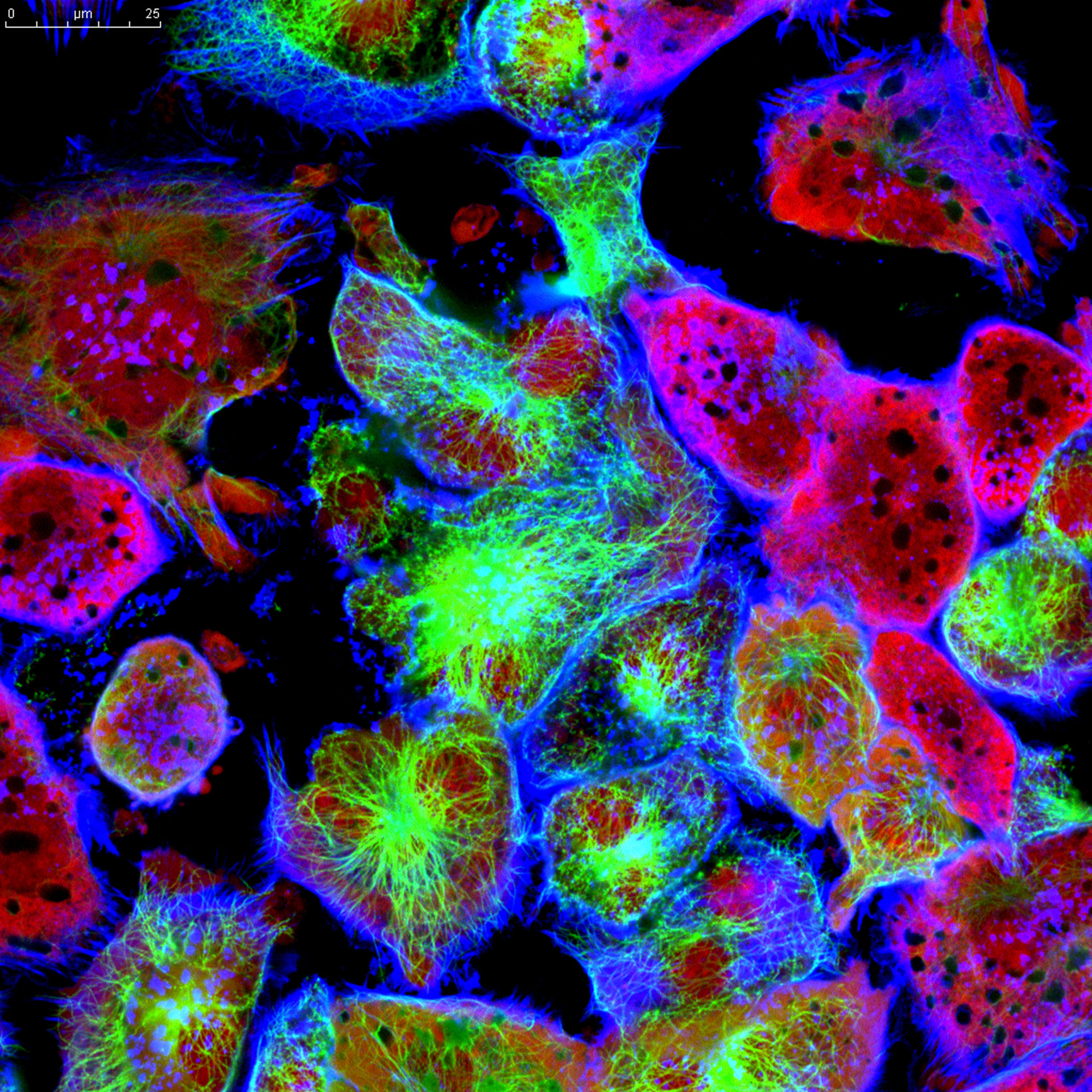African American breast cancer survivors (AABCS) experience disparities in sleep disturbance, according to the results of a study published in Supportive Care in Cancer.
In this study, researchers assessed participants in the Women’s Circle of Health Follow-up Study, a longitudinal study of breast cancer in 10 counties in New Jersey. The researchers evaluated self-reported sleep disturbance, and other factors (e.g., socioeconomic status, menopausal status) at pre-diagnosis in 637 participants, at 10 months post-diagnosis in 261 participants, and 24 months post-diagnosis in 632 participants. All data were obtained via medical record abstraction, and the investigators measured height and weight before analysis.
According to the results, over half of AABCS (57%) reported clinically significant sleep disturbance before diagnosis, and this rate remained largely unchanged at 10 months (53%) and 24 months post-diagnosis (61%). The researchers noted that sleep disturbance scores indicated clinically significant disturbance at all three assessments (M range= 6.67–7.57).
The researchers observed most AABCS slept less than the recommended 7 hours per night at each assessment (range 57–65%). Risk factors for sleep disturbance were identified at each assessment, included less education at pre-diagnosis, lack of insurance, treatment with chemotherapy at 10 months post-diagnosis, and younger age, less education, lower income, obesity, and lymphedema at 24 months post-diagnosis.
“Most AABCS report clinically significant sleep disturbance from before diagnosis through 24 months post-diagnosis. These rates appear indicate AABCS experience significant sleep-related disparities,” the research authors concluded.
Credit: Original article published here.










